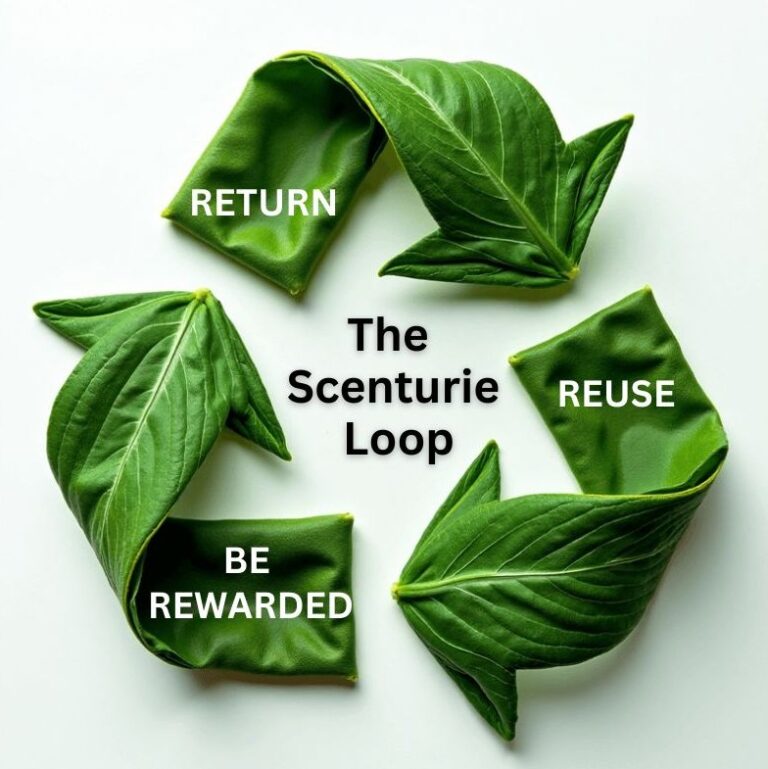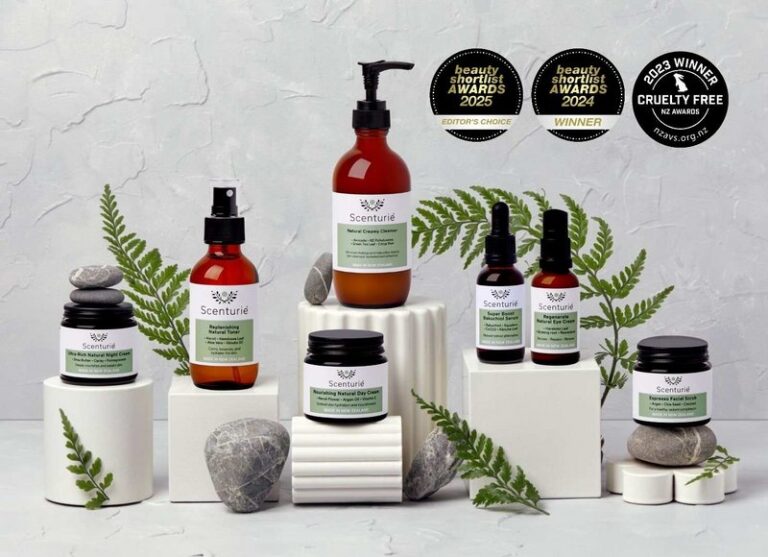Last Updated: 16 October 2025
Let’s be honest. You see the headlines. You watch the documentaries (thank you, Sir David Attenborough). You feel that pang of eco-anxiety when you see the sheer amount of plastic in the supermarket.
You want to do the right thing. You want to live more sustainably.
But it all feels so… big.
You’re told to reduce waste, eat less meat, conserve water, avoid palm oil, plant a tree, shop local, and call your local MP. The list is endless. It feels like you have to get a PhD in environmental science just to do your weekly shop.
It’s overwhelming. And it can make you feel like your small choices don’t even matter.
Here’s the truth: You don’t have to do everything. You just have to start somewhere.
Big, global change doesn’t happen with a few people doing sustainability perfectly. It happens with millions of us doing it imperfectly, but consistently. This is your simple, no-guilt guide to making a real difference, starting today.
The “Progress, Not Perfection” Plan: 3 Simple Places to Start
Instead of a giant, overwhelming to-do list, let’s focus on three key areas of your life where small changes have a huge impact.
1. Start in Your Kitchen: Conscious Consumption
What you eat and how you buy it is a powerful vote for the kind of world you want to live in.
Eat One More Plant-Based Meal a Week: The livestock industry is a massive consumer of our planet’s resources. You don’t have to go full vegan overnight. Just swapping one meat-based meal for a plant-based one is a significant, positive step.
Grow Something (Anything!): You don’t need a huge garden. A small pot of herbs on your windowsill is a perfect start. It reduces food miles to zero and connects you to your food.
Shop Local When You Can: Supporting your local farmers’ market or butcher reduces shipping emissions and invests money directly into your community.

2. Start in Your Home: The 10-Minute Waste Audit
New Zealanders throw away more rubbish per person than most other developed nations. But you can make a dent in that, starting this week.
Refuse Junk Mail: Put a “No Junk Mail” sticker on your letterbox. It’s a simple, one-time action that saves a surprising amount of paper waste.
Master Your Bins: Get really good at knowing what can and can’t be recycled in your area.
Embrace the Reusable Bag (and Cup!): You’re probably already doing this, but it’s the perfect example of a small, consistent habit that makes a huge difference.
3. Start in Your Bathroom: The Power of Your Purchase
This is where you have incredible power. The beauty industry is one of the world’s biggest producers of plastic waste. By choosing your products consciously, you can directly support the brands that are doing things the right way.
This is why, at Scenturie, we are obsessed with these details. It’s not just a marketing story; it’s our entire reason for being.
We Said No to unsustainable Palm Oil: Many “natural” ingredients are derived from unsustainable palm oil, a major driver of deforestation. Our entire range is free from unsustainable palm oil.
We Chose Glass & Aluminium: Your Scenturie products come in infinitely recyclable glass and aluminium. It’s a conscious choice to be a plastic-free brand.
We Created The Scenturie Loop: We take responsibility for our packaging’s entire lifecycle. Our return-and-reward programme allows you to send back your empties to be reused, creating a truly circular system.

Your Choices Are Your Superpower
See? It’s not about doing everything. It’s about doing something.
Choose one thing from this list and start there. Master it. Then, when you’re ready, choose another.
Your small, consistent choices, when multiplied by thousands of other conscious consumers, are what will create the real, lasting change our beautiful Aotearoa and our planet needs.
Ready to support a brand that has already made these sustainable choices for you?





